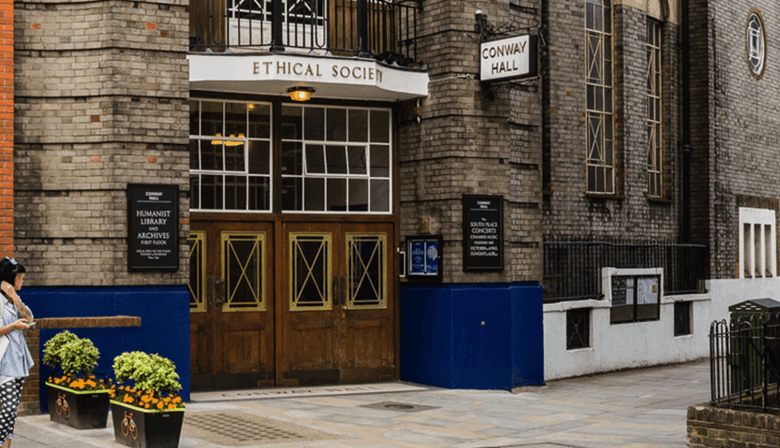Electric Voice Theatre celebrates the story of Eliza Flower
Florence Lockheart
Tuesday, August 29, 2023
A concert by Electric Voice Theatre in partnership with Conway Hall Ethical Society will bring light to the memory of Eliza Flower, a pioneering composer and political activist

Contemporary music-theatre ensemble Electric Voice Theatre is set to partner with Conway Hall Ethical Society for Flowers of the Seasons: Politics, Power & Poverty, a concert celebrating the memory of composer and political activist Eliza Fowler. The concert is set to take place in the library of London’s Conway Hall on 27 October.
Created in collaboration with singer and composer Frances M Lynch and music historian and 2022 BBC New Generation Thinker Oskar Jensen the concert is supported by Ambache Charitable Trust. The programme will combine songs, poetry and storytelling to celebrate the memory of Eliza Flower (1803–1846).
Jensen said: ‘In her music, as in her life, Eliza Flower was an inspiration and an innovator. Some of her songs are up there with the canonical Lieder writers of the era, but they have hooks as well. And of course, she wrote the original music for her sister Sarah’s hymn Nearer, My God, To Thee – which is, to my mind, a piece of heart-wrenching beauty, whatever your personal belief or lack of it. I can’t wait for more people to hear this music again.’
Flower’s musical legacy in the Victorian era was damaged by her work as an activist championing women’s and workers’ rights, but audiences will now have a chance to be among the first people to hear Flower’s work for at least 100 years. The performance will be accompanied by a display of rarely seen archival materials from Conway Hall.
Lynch said: ‘It’s been tough to decide which works to perform – but I can’t wait to see what people make of the selection we’ve chosen from this once highly regarded, prolific composer and radical feminist. She has so much to say to us today, as you’ll hear not just in her music but in the wonderful new acapella pieces she has inspired from contemporary composers.’